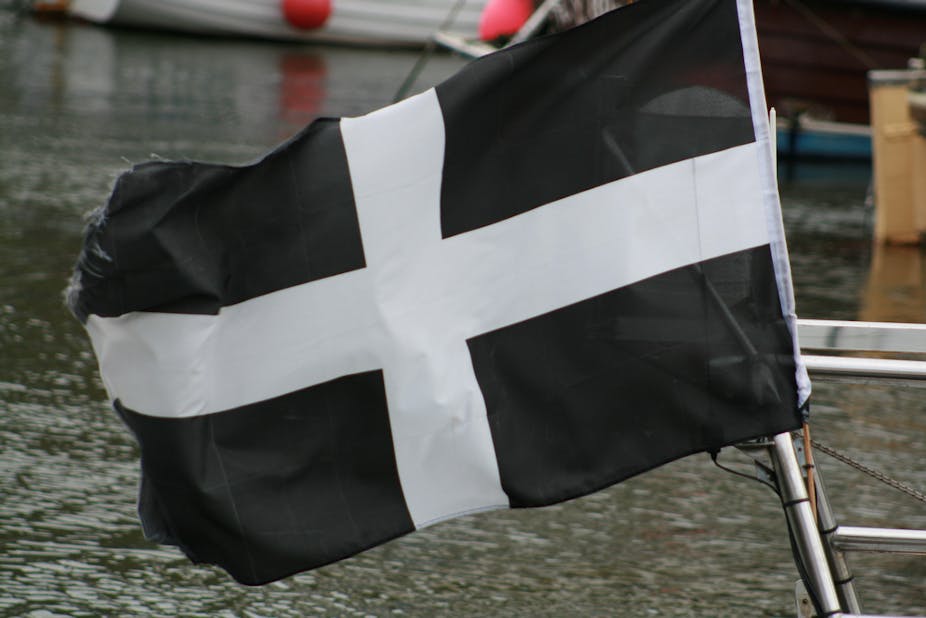The UK government has agreed to extend protected minority status to the Cornish – a status already granted to Scots, Welsh and Irish. This will require the government and public bodies to factor in the Cornish when considering the impact of decisions. The aim is combat discrimination and promote equality.
But questions remain about the significance the new status will have, and so the development has been greeted with only cautious enthusiasm. Most commentary denies the new status will bring major changes. There will be no new investment in job creation or infrastructure in Cornwall, for example. Perhaps the status was expected to be more symbolic in recognising the wider diversity within the United Kingdom. Even Loveday Jenkin, the former leader of Mebyon Kernow – the Party for Cornwall had difficulty articulating the changes this new status for Cornish might bring.
The new protected status for Cornish can and should have a significant impact. But perhaps not where anyone – least of all Mebyon Kernow, or even the UK Government – might have expected: the Life in the United Kingdom citizenship test must now be substantially rewritten.
The UK citizenship test is a requirement for permanent residency, not just for British citizenship. More than one million tests have been sat since it was first launched in 2005, and more than 150,000 people take it each year. So the test matters. It is an integral part of British immigration policy, and none of the major parties has called for it to be scrapped.
The government published the current third edition of the test last spring. I exposed serious omissions and inconsistencies in the test, finding it to be “unfit for purpose” and akin to a bad pub quiz – as laid out in my June 2013 report, the only comprehensive examination of the test available.
The protected status of Cornish identity makes the omissions and inconsistencies I identified in that report all the more pressing.
My new research has found the test does not include the Cornish – not even Cornish pasties. Cornwall’s relevance is limited to the Eden Project. That is all – this in a 180-page test handbook, a 143-page study guide and a 408-page official practice book. It is almost as if the Cornish and Cornwall don’t exist.
Their absence isn’t new either. The first citizenship test handbook published in 2005 contains no mention at all of the Cornish or Cornwall. The 2007 second edition includes only a single mention of Land’s End in Cornwall, but locates it as part of the “South-West of England”.
Protected minority status for the Cornish requires urgent revision of the citizenship test, and the possible changes are far-reaching. For example, the test will have to include some element of Cornish history and culture, Cornish traditional foods (such as the Cornish pasty), the Cornish national flower (which, interestingly, is a contested title), the Cornish language, the Cornish flag, and inclusion of the patron saint of Cornwall, St Piran and St Piran’s Day (March 5). The current citizenship test includes these for the English, Scots, Welsh and Irish; it should include them for the Cornish, too.
This is not all. The only Cornish individual mentioned is William Golding, who is not identified as Cornish. No other Cornish person is noted for their British contributions to art, literature, music, science or sport, unlike various Scots, Welsh and Irish greats. This omission might be filled by including mention of Captain William Bligh, the scientists Sir Humphrey Davy and William Gregor, the painter Walter Langley, John Nettles, Rick Stein, and of course, rugby union’s Phil Vickery.
The protected minority status of the Cornish matters – but not in ways the government and others might have predicted. This change creates a greater urgency for a new citizenship test to be published.

